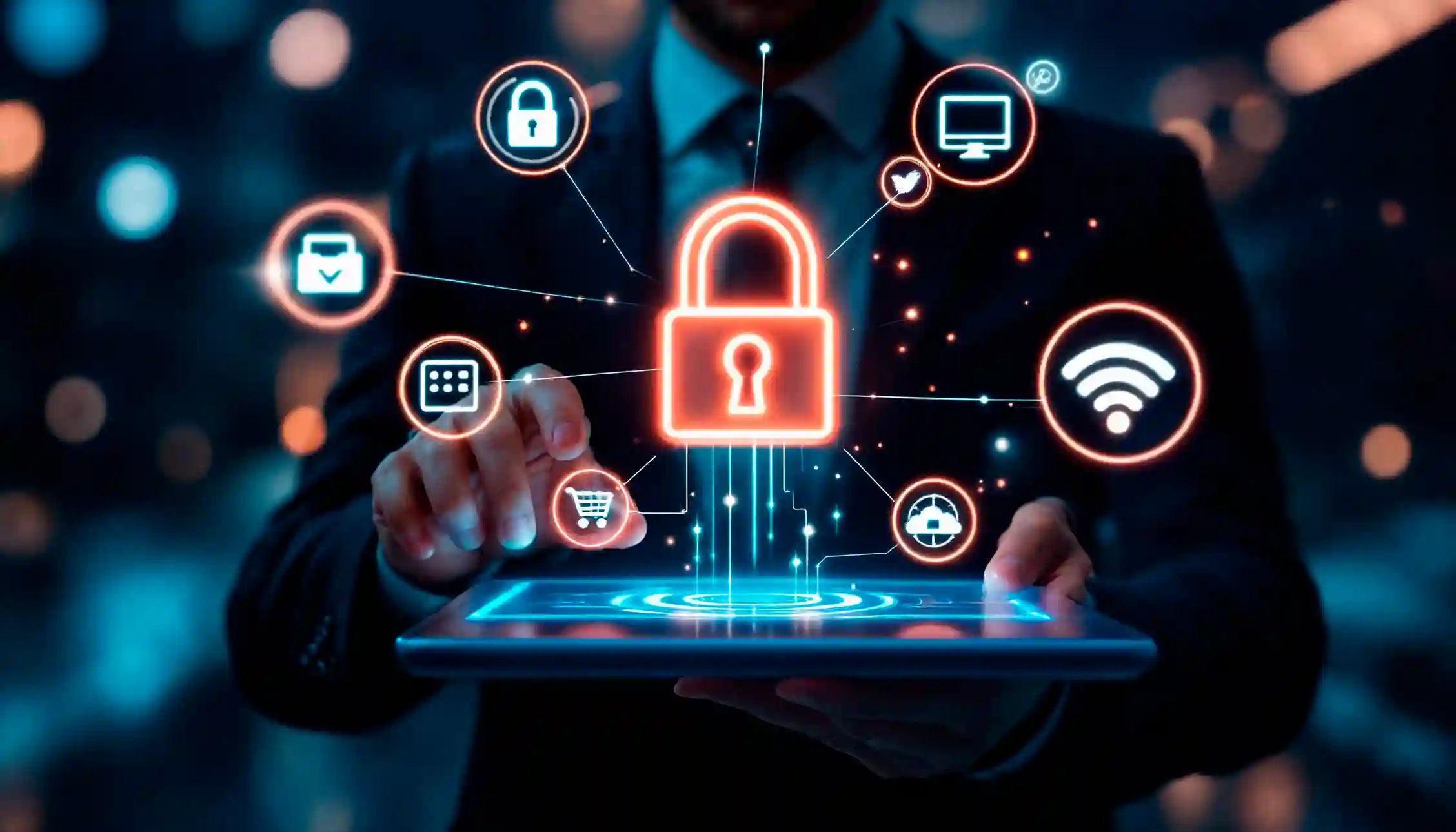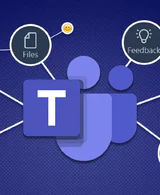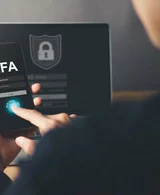Cyber Security Awareness: Protecting Yourself Online

With Australia being one of the leading innovators in modernizing the world, cyber security is becoming more and more a necessity.
Cybercriminals are increasing in number and capability. 9.2 million malware detections were recorded with the average cost paid to cyber extortionists amounting to $36,295. Payments as high as $250,000 have been made.
The cost of cybercrime in Australia is expected to grow by more than 27 percent this year, and a further 52 percent in 2022. This only shows that cybercrime is not taken as a threat when it impacts both economic and general welfare. Large scale cyber threats can compromise Australia’s national security, so the government is taking steps to curb these risks.
Research shows that most Australians do not take cybersecurity seriously as numbers of victims falling for scams rise by 13 percent every year. Older people who are not well versed in using the internet are 3 times likely to be victims of cybercrime. However, there are several ways to avoid it.

- Set strong passwords.
59% of people use the same password across all of their devices and accounts. This makes hacking easier for cybercriminals. It is advisable to have different strong passwords for each online account. Use combinations of small and capital letters, symbols and numbers for your passwords. Two-factor authentication (2FA) is also recommended to help lessen the possibility of your account password being stolen. This is an extra layer of protection used to ensure the security of online accounts. It can be an alternate log-in email, security questions, QR code or text message code.
- Verify authenticity of websites and emails before disclosing personal information.
Phishing is when cybercriminals disguise themselves in the form of company emails to fish for personal information such as addresses, credit card numbers and bank accounts. Avoid clicking suspicious links from emails or websites. Remember, real banks will never ask for personal information such as PIN and card numbers through email.
Check if a website is legitimate by clicking site information. (Lock icon at the top left corner of the screen.)
- Make time for software updates.
It may be painstaking to wait for but software updates are very important in keeping your device secure. Set your gadgets to auto-update so you don’t have to miss out on it.
- Use public wi-fi carefully.
It is possible for others to see your online activity when connected to a public network. Save online shopping, using mobile banking apps and sending sensitive information for your home connection. Malware and other computer viruses can also reach your device through a public and unsecured network.
- Install Anti-virus and Anti-spyware software.
It is important to run Anti-virus software while installing programs on your computer. Frequently scan your device to see if unidentified malware slipped through a standard firewall. Regularly update anti-virus software to keep them effective.
These are just some of the steps to help you with cybersecurity. For more information and a better understanding of ways to ensure the security of your business, call ICTechnology now. We make tailor-fit solutions for your business, from network maintenance to cybersecurity, you will never have to worry.
Meta:
Did you know that one in four Australian adults have been victimised by some form of cybercrime in 2017? Read on and protect yourself.





